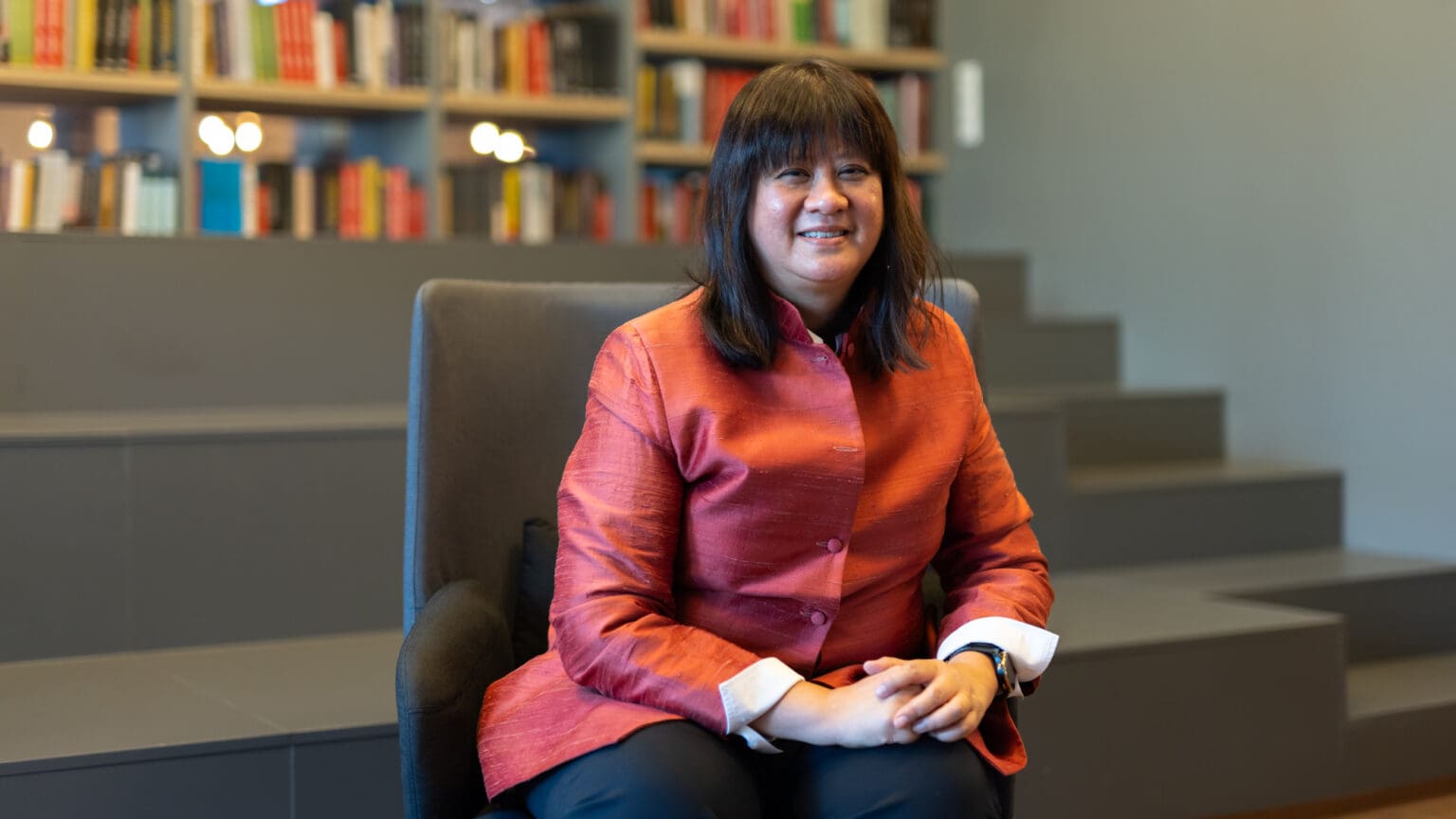
Marriage is a social good, liberal abortion laws cheapen life, and religious perspectives are legitimate if they are properly articulated. An interview about re-moralized Western states, the limitations of free speech and the right to be born as a human right.
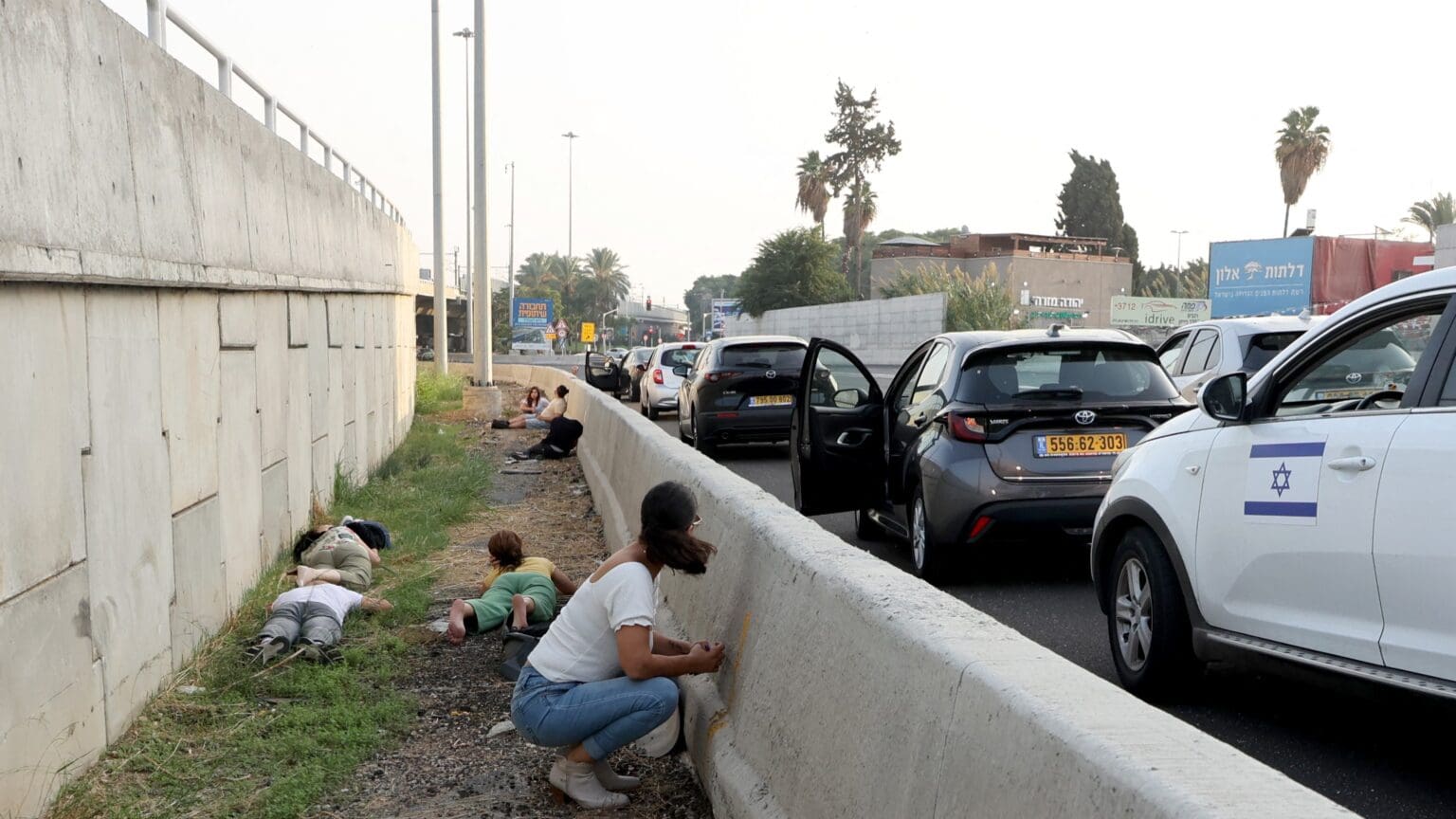
With the brutal terrorist attack on Israel, Hamas came to spotlight in the news. In this article, we look at the origins and the ideology of the Palestinian terrorist organization that committed the abominable massacre of Israeli civilians.
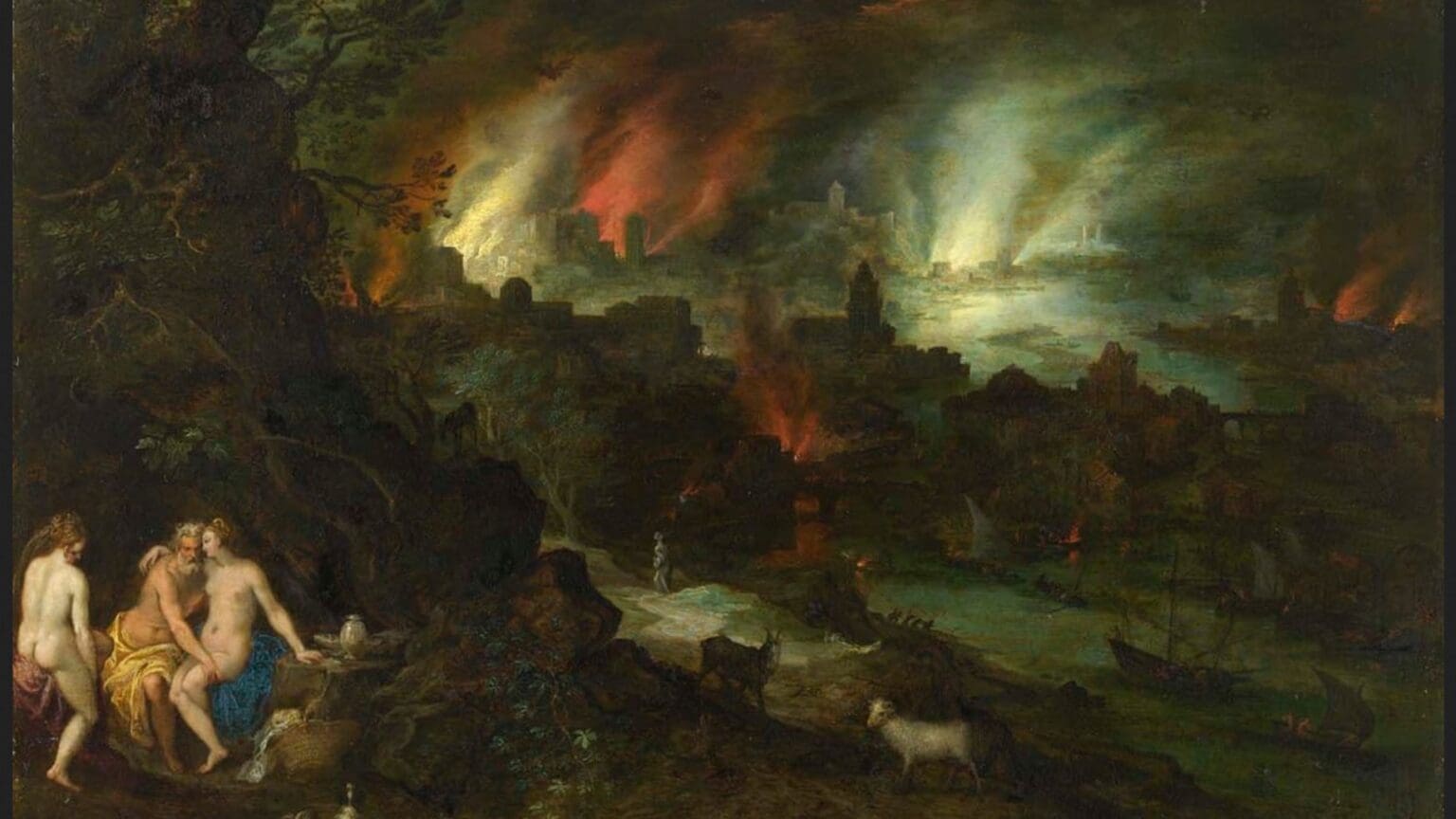
‘Christians no longer live by their own standards but by Christ’s, and since Jesus did not abolish the Law, the divine standards of morality, and therefore of sexuality, do not change with time or the spirit of the age.’

National Film Institute Director Csaba Káel emphasized in his remarks before the screening that in recent years, Hungary has hosted landmark productions that have established Budapest as the second biggest film hub in Europe after London. The list of international blockbusters and critically acclaimed films shot in Hungary continues to grow and Hungary has shown itself as a versatile, captivating background for cinematic storytelling.

The BMW i Vision Dee will be on display for three days in front of the Modem Modern and Contemporary Art Centre, as announced during a press conference at the venue on Thursday.

Population loss slowed this September compared to the same month last year, the Central Statistical Office revealed. However, the number of new marriages has also shown a declining trend.
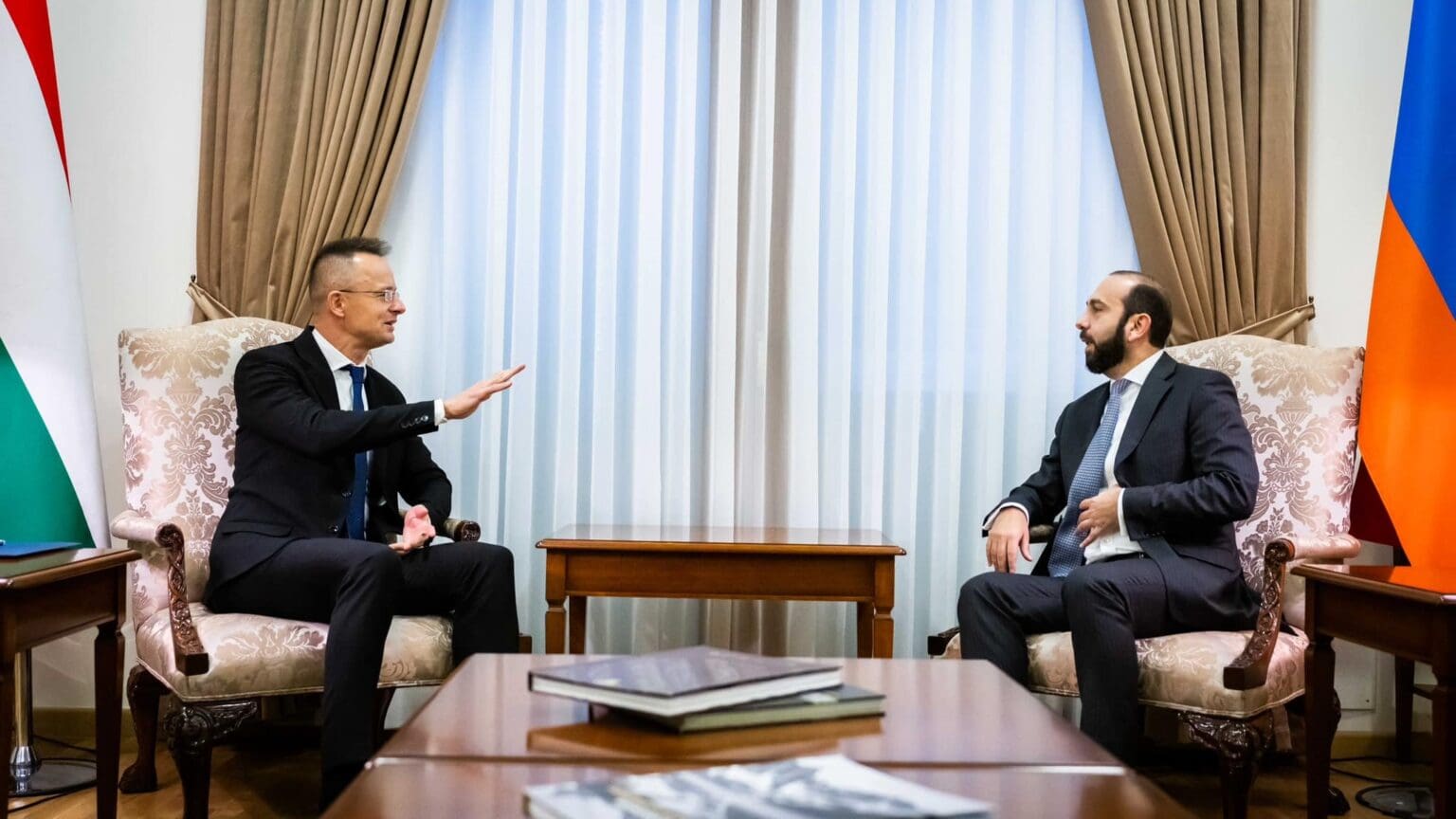
Péter Szijjártó emphasized that this visit marks the end of a long hiatus in the relationship, as there had been no diplomatic ties between the two countries for a decade. He pointed out that the decision to normalize relations was made last year, aiming to establish cooperation that benefits both nations.
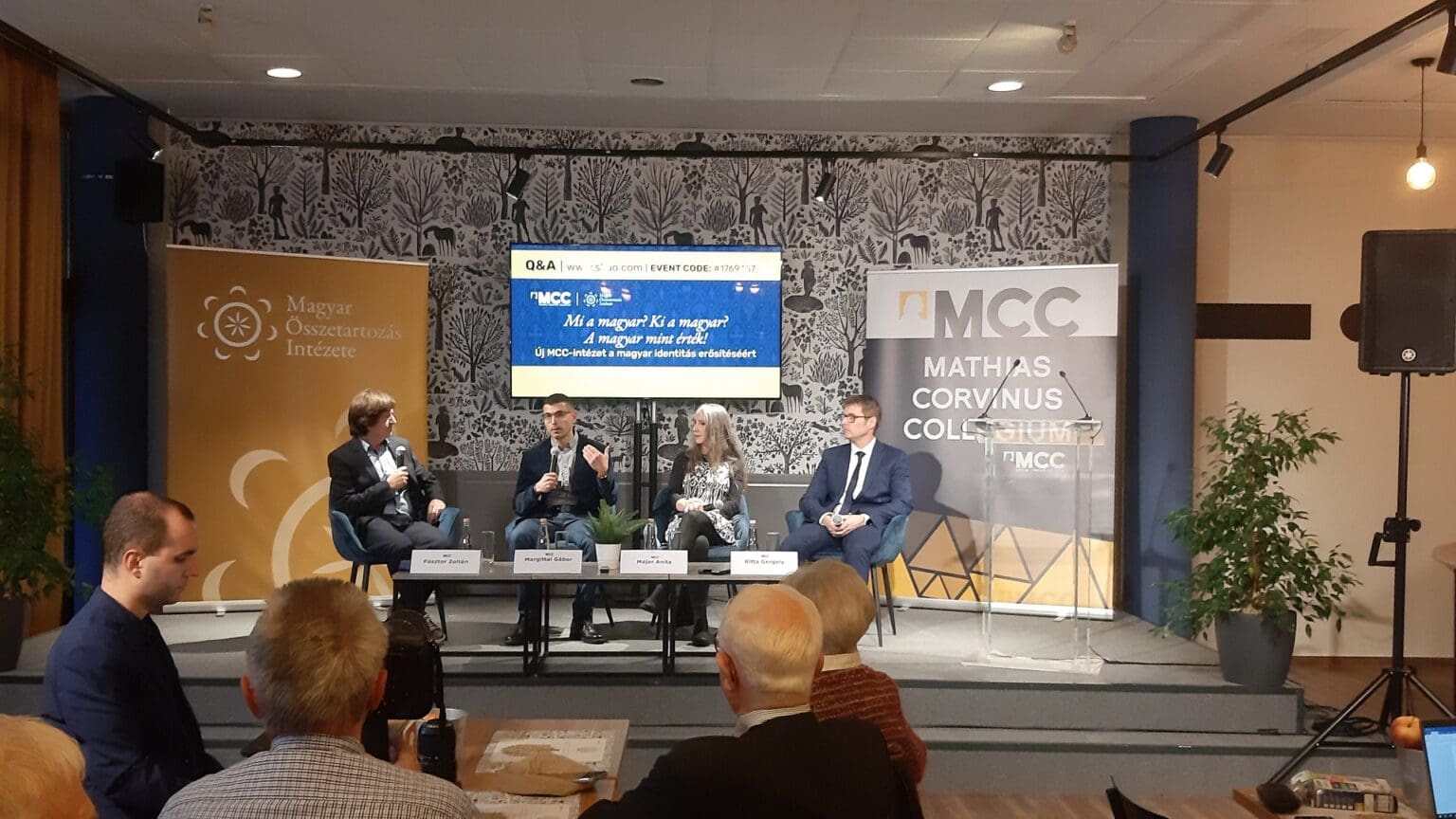
Gábor Margittai and Anita Major, in charge of the new MCC Institute, talked about their prior research into people with Hungarian ancestry living in different parts on the world; as well as their plans for the new research centre. Meanwhile, MCC has also opened a new campus in Dunaszerdahely (Dunajská Streda), Slovakia.
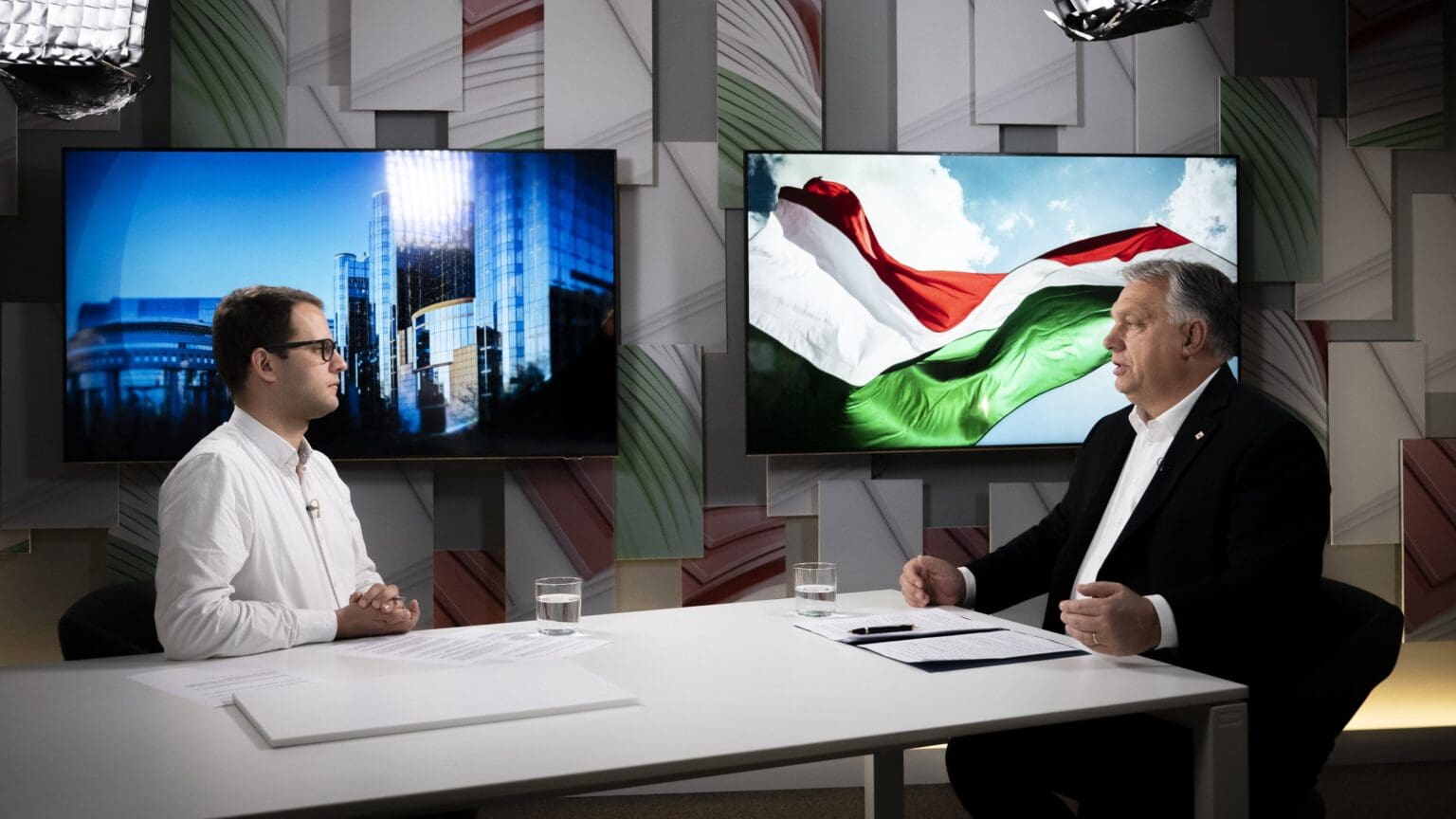
In his regular interview on public radio, the Hungarian Prime Minister pledged to defend Hungary’s borders, to resist pressure from Brussels aiming to change his government’s policies, insisted that Ukraine cannot win on the battlefield, and announced a new National Consultation.
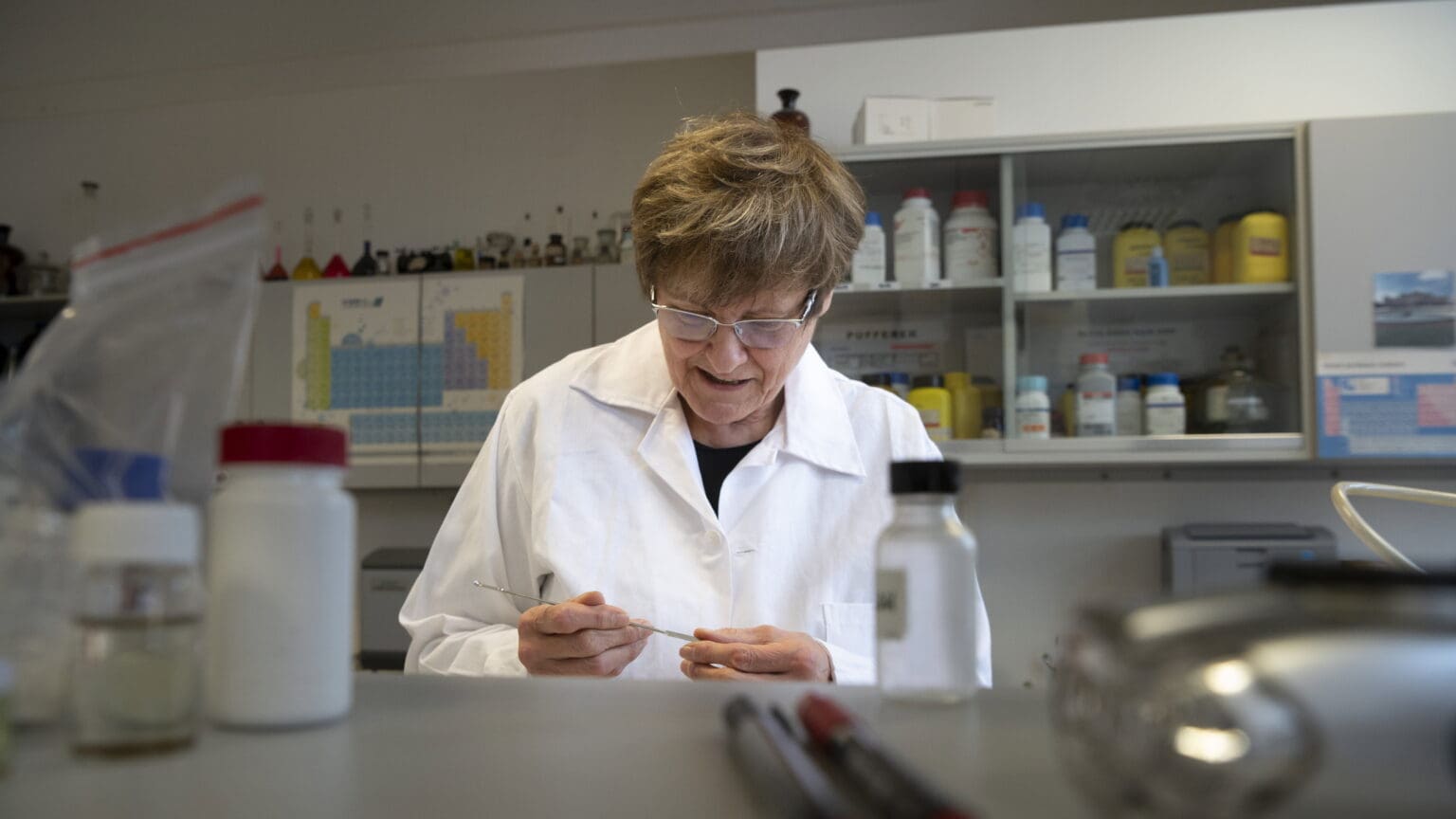
Recent Nobel laureate Katalin Karikó, a Hungarian biochemist living in the United States and a professor at the University of Pennsylvania and the University of Szeged, stressed to Hungarian news agency MTI that it is not awards that serve as motivation for her research but rather the awareness that people are suffering and solutions must be found to help them.
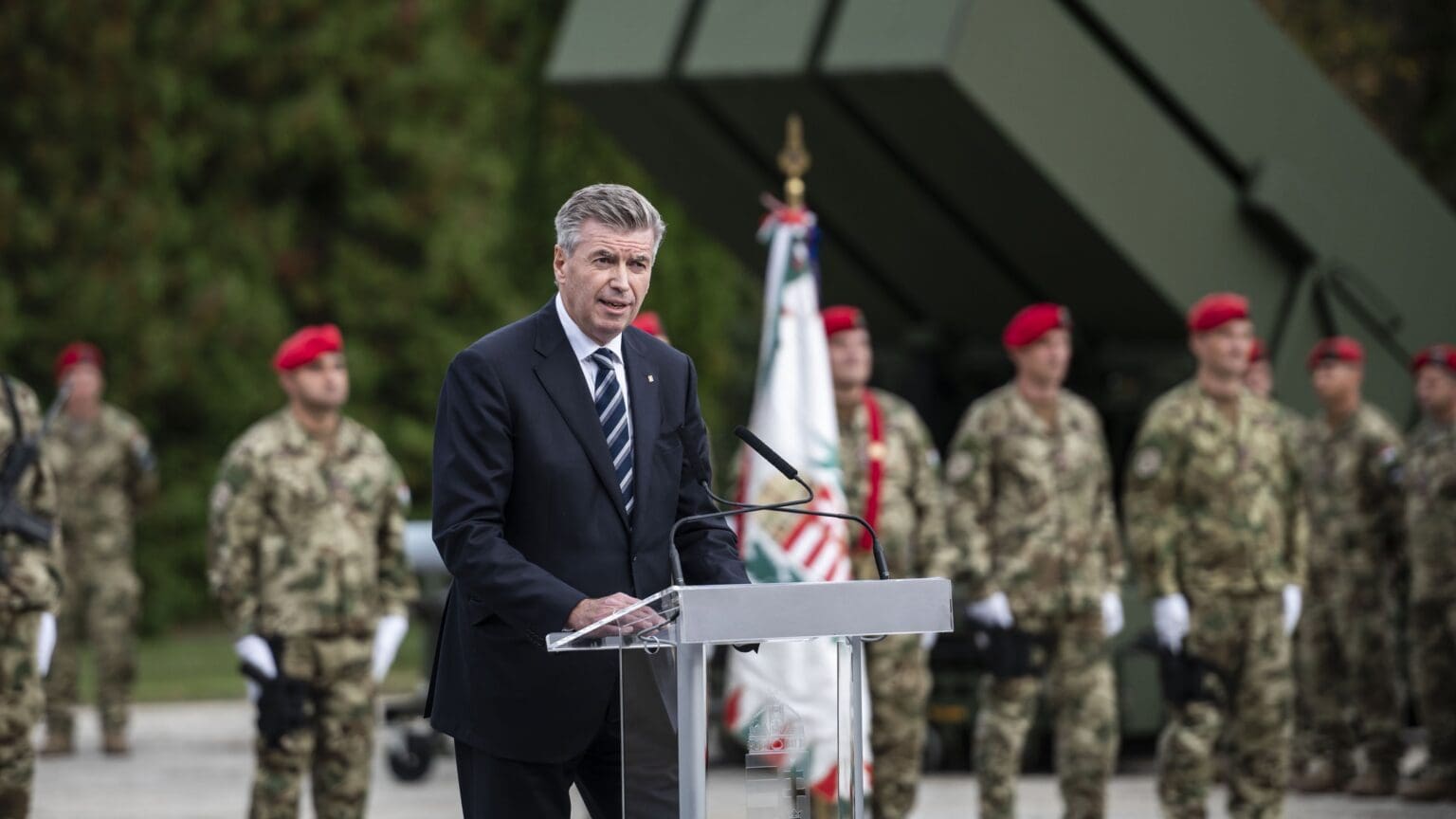
At the handover ceremony, Minister of Defence Kristóf Szalay-Bobrovniczky highlighted that the greatest strength of the system, also used in 12 other countries, is its ability to establish a network based on control stations. It operates with excellent US-made AMRAAM missiles widely used in NATO member states and also installed on HDF Gripen fighter aircraft.
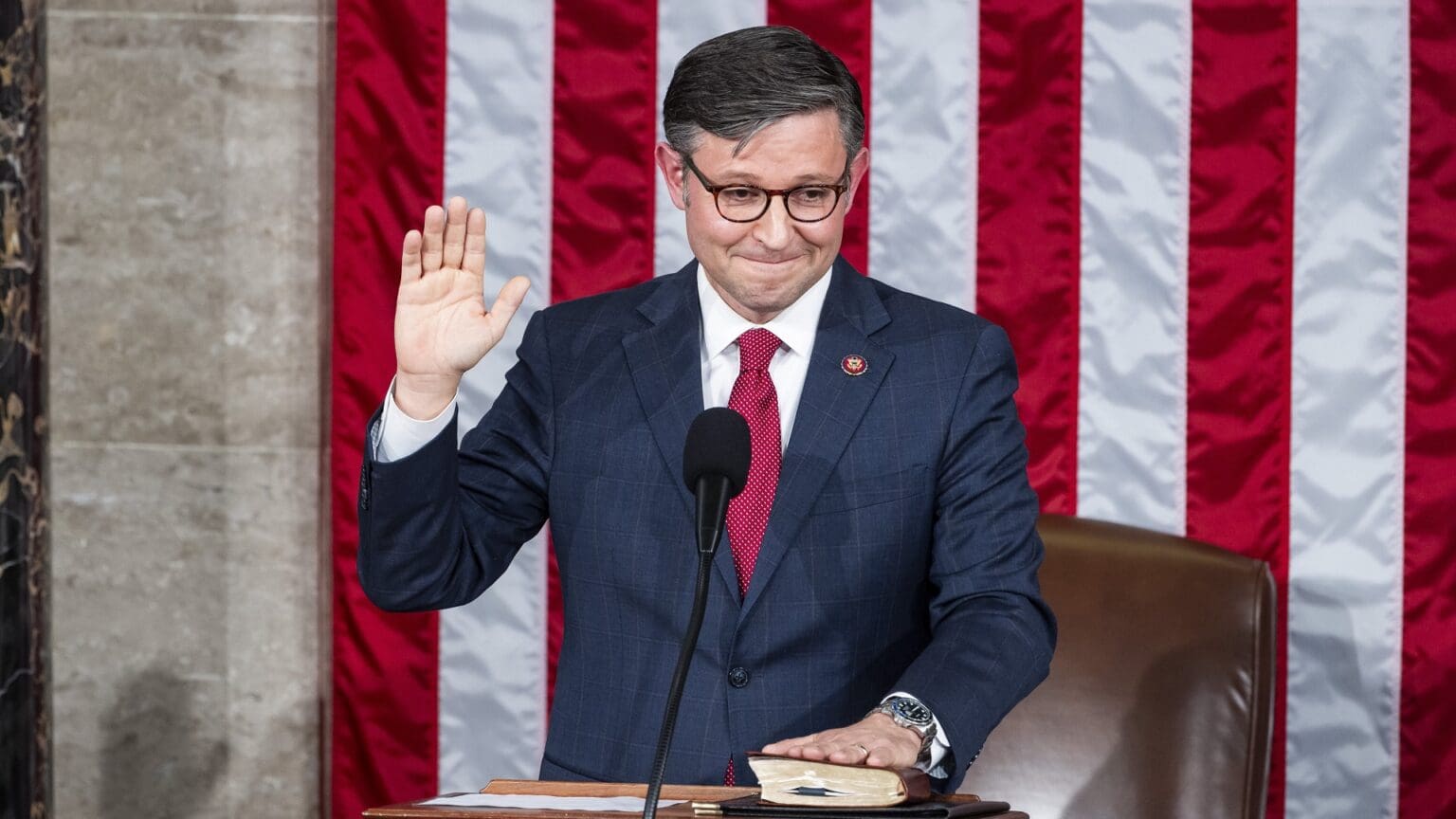
Congressman Johnson became the 56th Speaker of the House after his predecessor, fellow Republican Kevin McCarthy, became the first Speaker in US history to be ousted by the House.

Cyberbullying, also known as online harassment, is one of the most common online dangers that children may encounter during their online activities. Anyone can become a victim of cyberbullying for reasons beyond their control. The effects of cyberbullying can have significant and long-term psychological consequences for the victims.
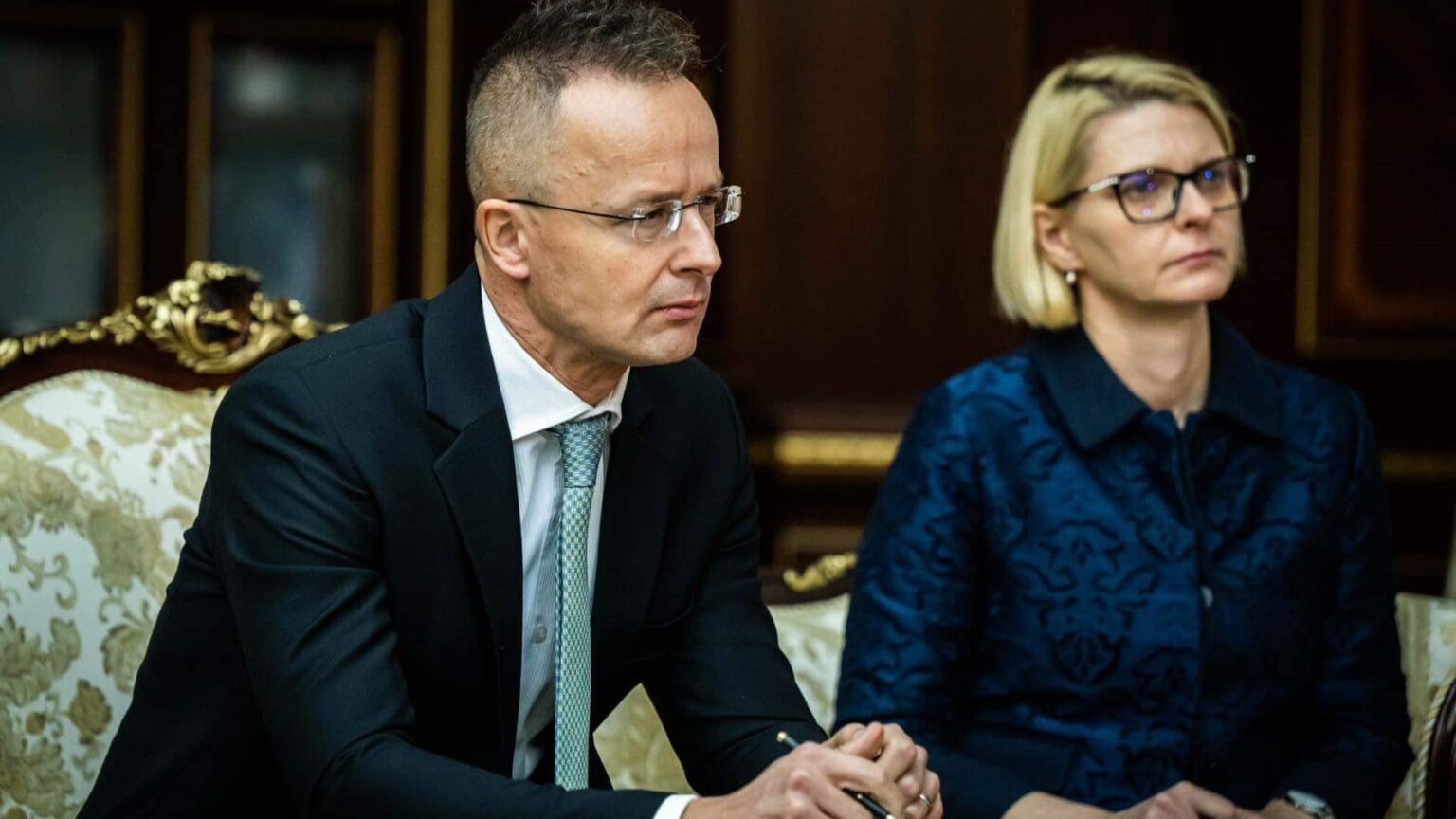
Speaking at a high-level international conference in Minsk, Belarus, the Hungarian foreign minister said Europe and Hungary had already paid a high price for a war they are not responsible for.

High interest rates have taken a toll on the Hungarian housing market, as they have in virtually every country. The expanded CSOK programme by the Orbán administration can do a lot to revitalize the market, all the while incentivizing child bearing in the country.
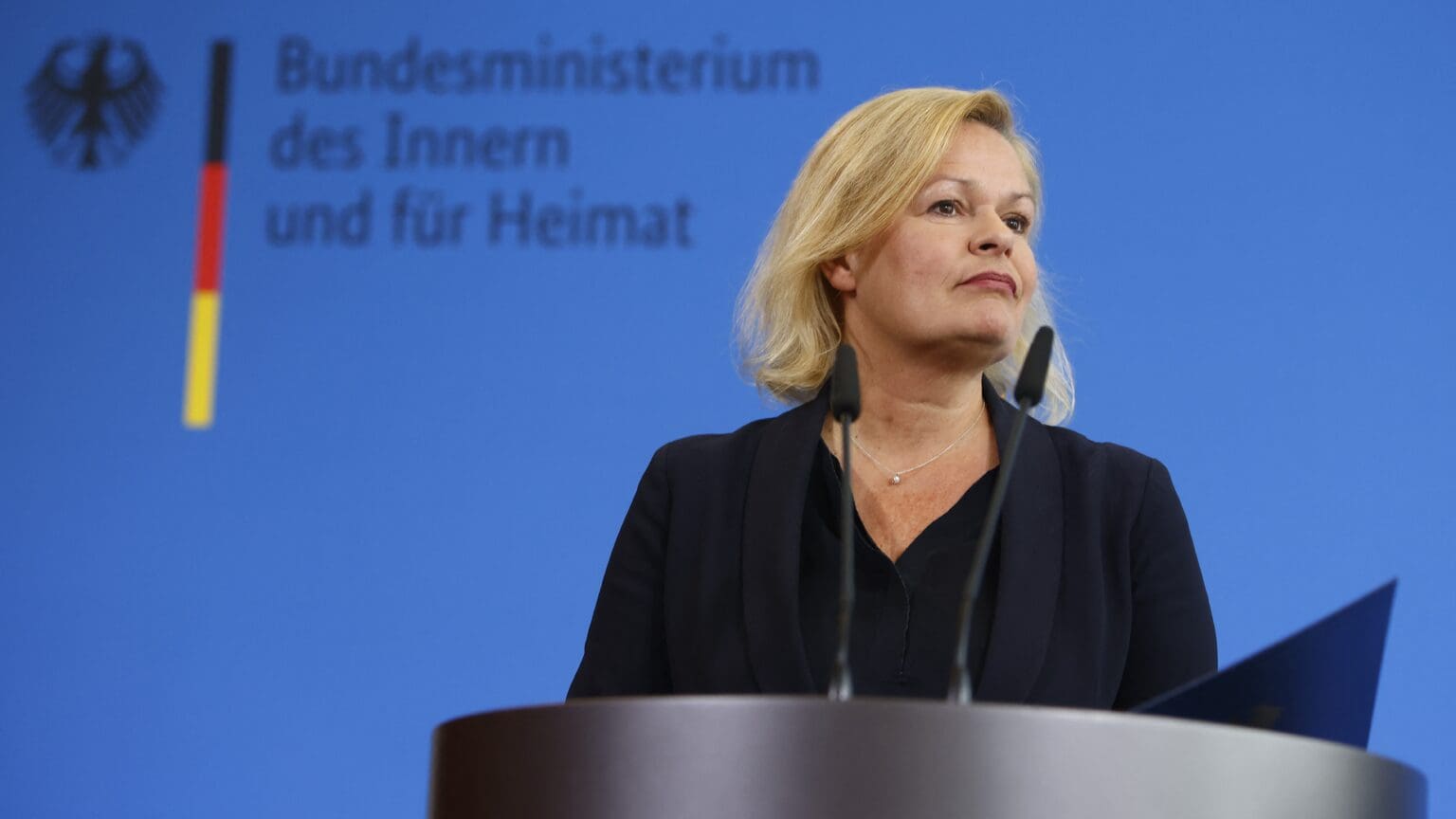
Even if the Bundestag votes in favour of the tightening of the asylum law, deportations are not expected to increase significantly in Germany—according to the Interior Ministry, the number of deportations will rise by about 5 per cent as a result of the amendment.

‘The path to peace in the Middle East is clear and straightforward, it’s about having the political will…If we can envision a world in which world powers actively check the Islamic Republic regime or even support the Iranian people in their quest for freedom to overthrow this regime and return to Iran’s ancient noble history, we could eliminate 90 per cent of the destabilization in the region. From there, we would work towards more peace deals between Israel and its Arab neighbours, building on the successful model of the Abraham Accords.’

Wizz Air has cancelled all flights to Israel until 15 November but is continuously reviewing the situation. The airline is in constant contact with Israeli, Hungarian, and international authorities, monitoring the events in Israel.
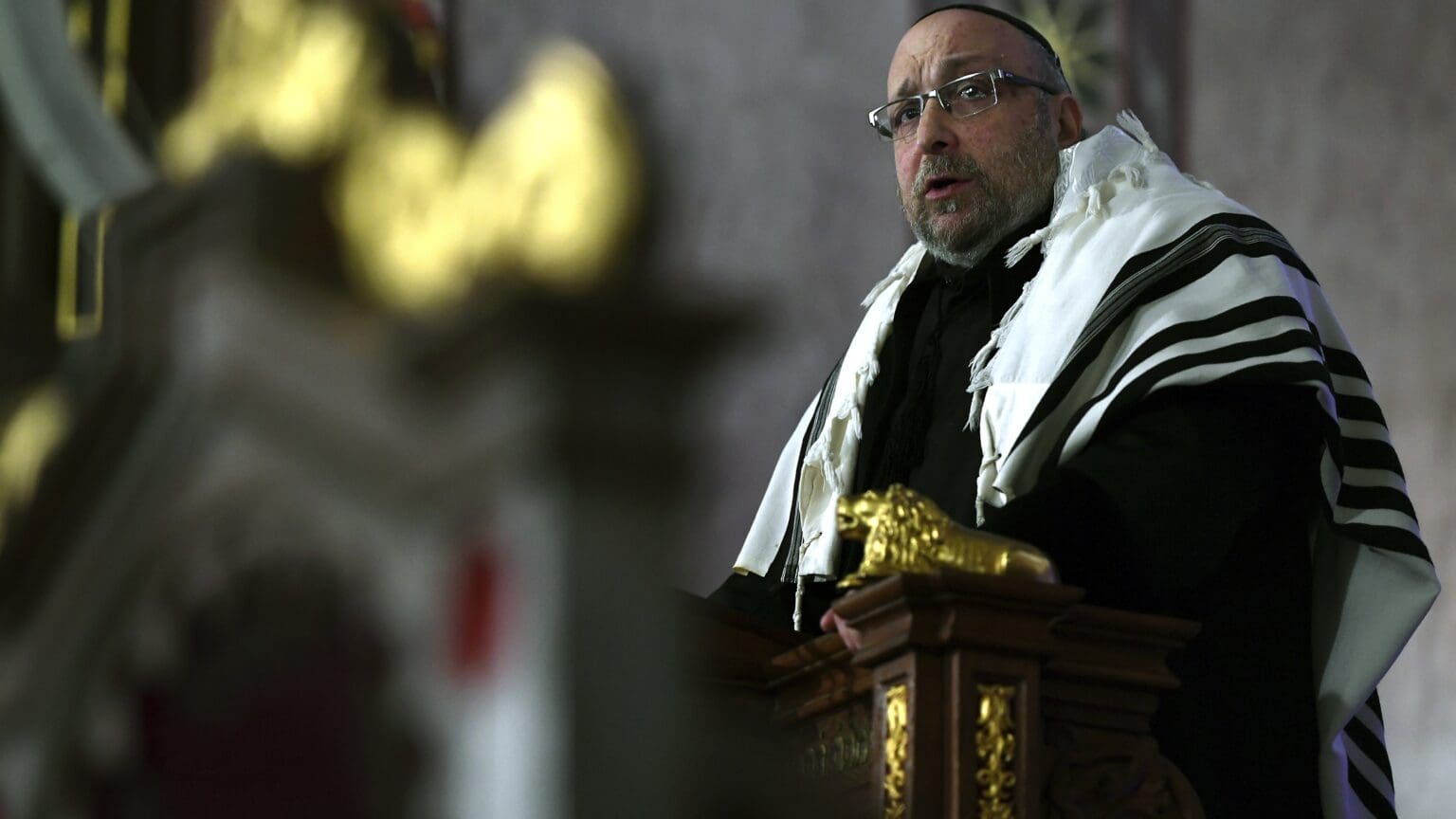
In an interview with Hungarian news website Index, Mazsihisz Chief Rabbi Róbert Frölich declared that Budapest and Hungary as a whole are ‘an island of peace’ for the Jewish community.
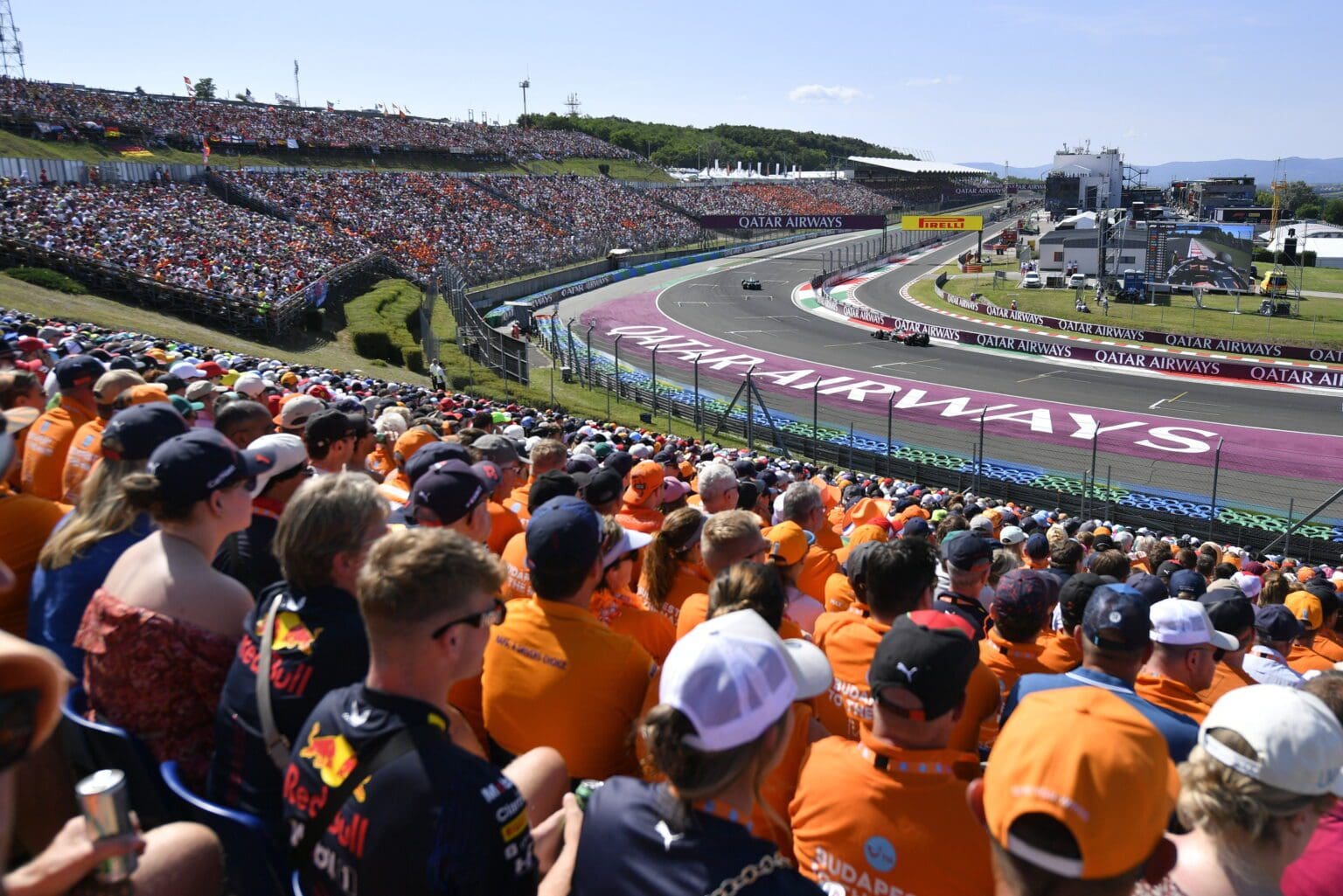
The government resolution to continue the development at Hungary’s most famous racing track, Hungaroring has been adopted. The next phase of the upgrade will bring the quality of the Mogyoród track to the expected level of Formula 1.

In the framework of the new CSOK Plus scheme, the state provides a loan of 15 million forints (EUR 38,960) for couples raising one child, 30 million for families with two children and 50 million for those with three or more children, at a 3 per cent interest rate, Minister of Culture and Innovation János Csák announced.

The Florida-based conservative commentator reminded all that Hamas has always had a tendency to use their own people as human shields with ‘their leaders in Doha, Qatar, living a lavish life right now’.
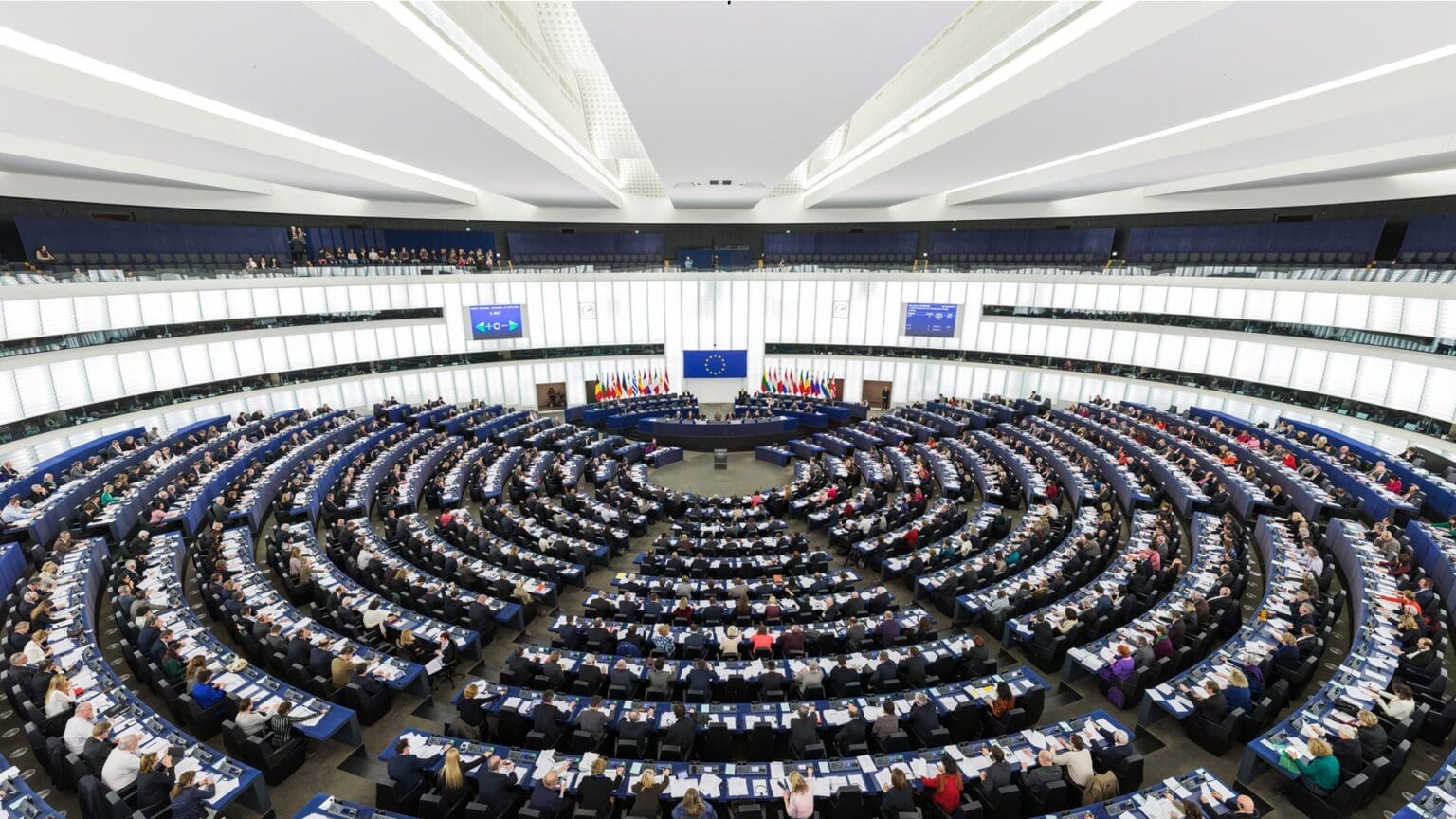
Hungarian political analyst and commentator András László pointed out that according to a recent survey, a coalition of ECR, ID, and Fidesz MEPs could become the strongest political group in the European Parliament in 2024.
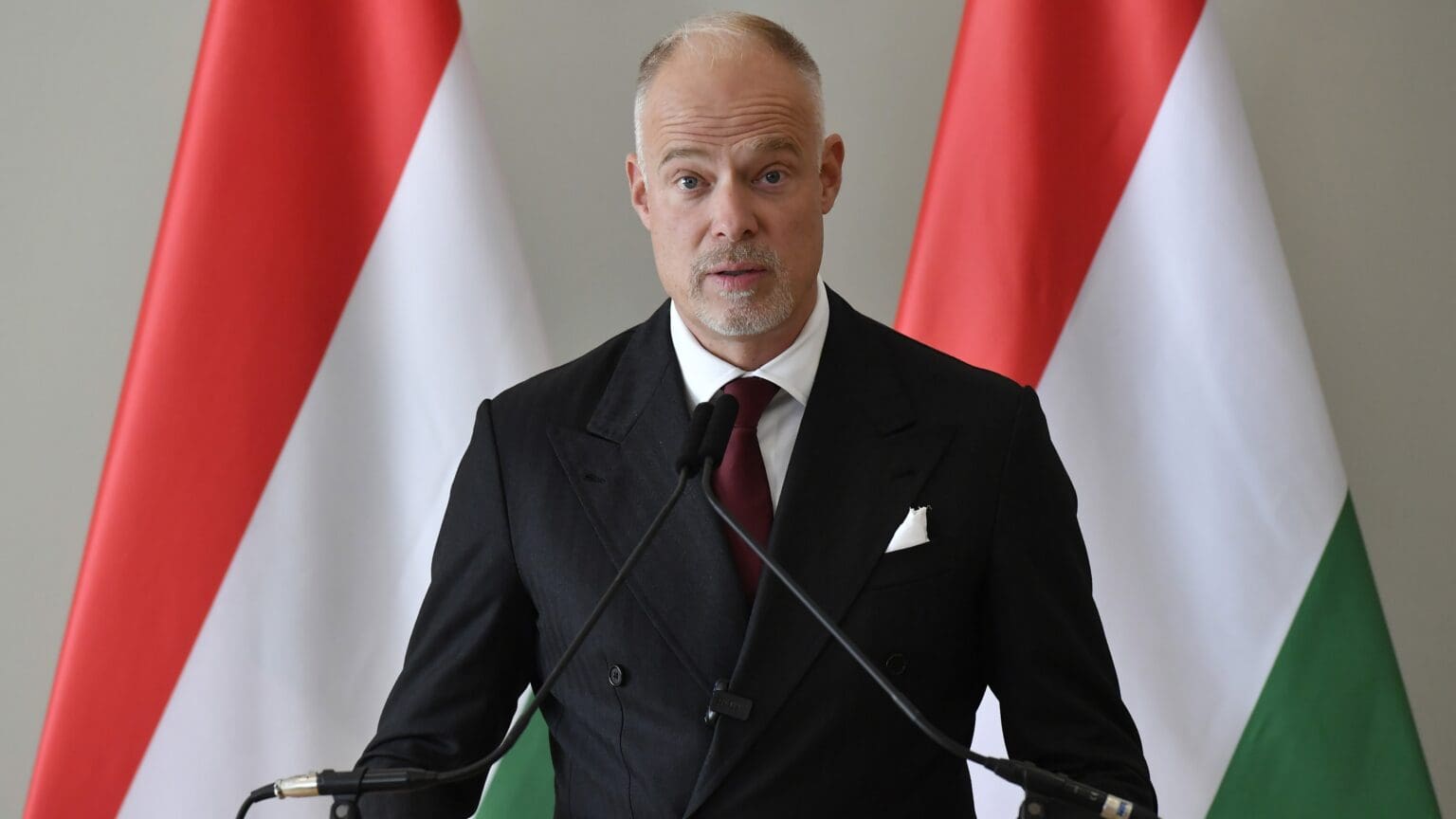
Speaking in the National Assemblyabout the possibility of a military mission being launched, Hungarian Minister of Defence Kristóf Szalay-Bobrovniczky explained that such a mission would only take place at the invitation of the Chadian president, and within this framework, a maximum of 200 soldiers would serve from the spring of 2024.
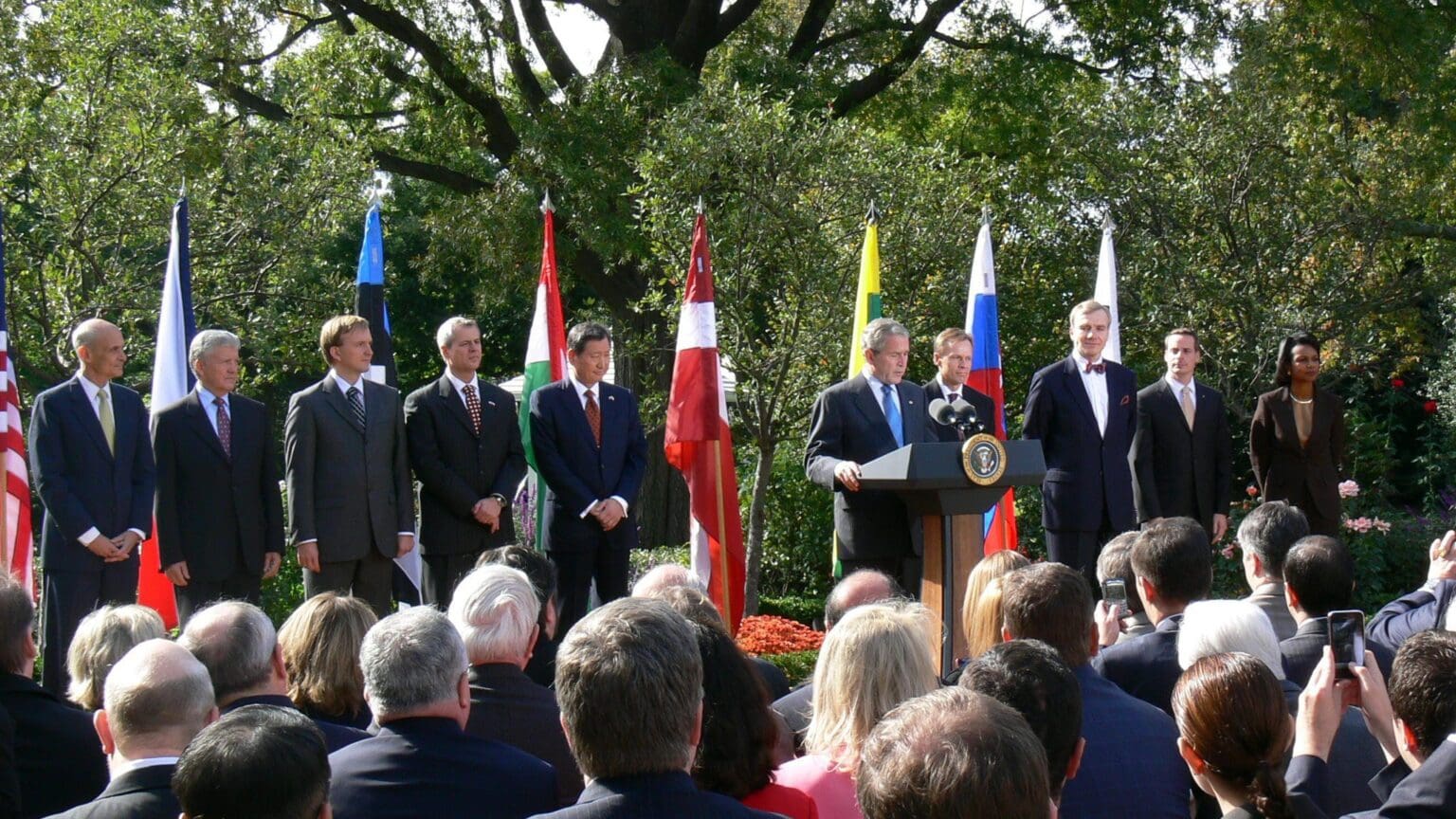
The Department of State’s failure to respond to Judicial Watch’s FOIA request has only aggravated existing concerns about the potential political motivation behind the Visa Waiver changes. The Judicial Watch lawsuit underscores the necessity for transparency and accountability in government decisions that could impact international relations and diplomatic relations.
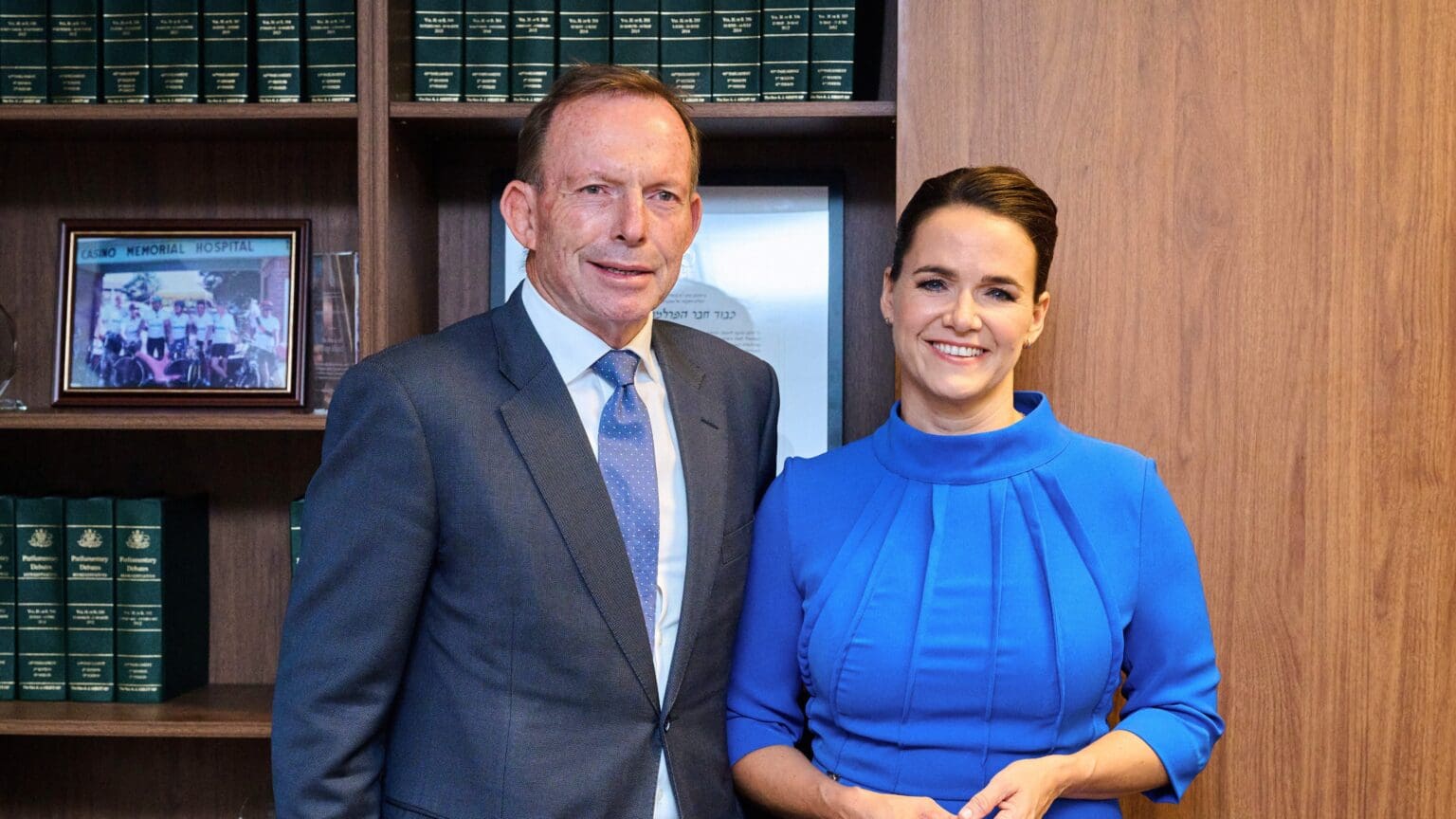
During her visit to Australia, President Novák discussed key demographic issues with former Australian PM Tony Abbott, met with Margaret Elaine Gardner, the Governor of Victoria State, and gave a lecture at the Australian Catholic University in Sydney. She also highlighted her Humanity Tuesdays initiative, which has been endorsed by Elon Musk.
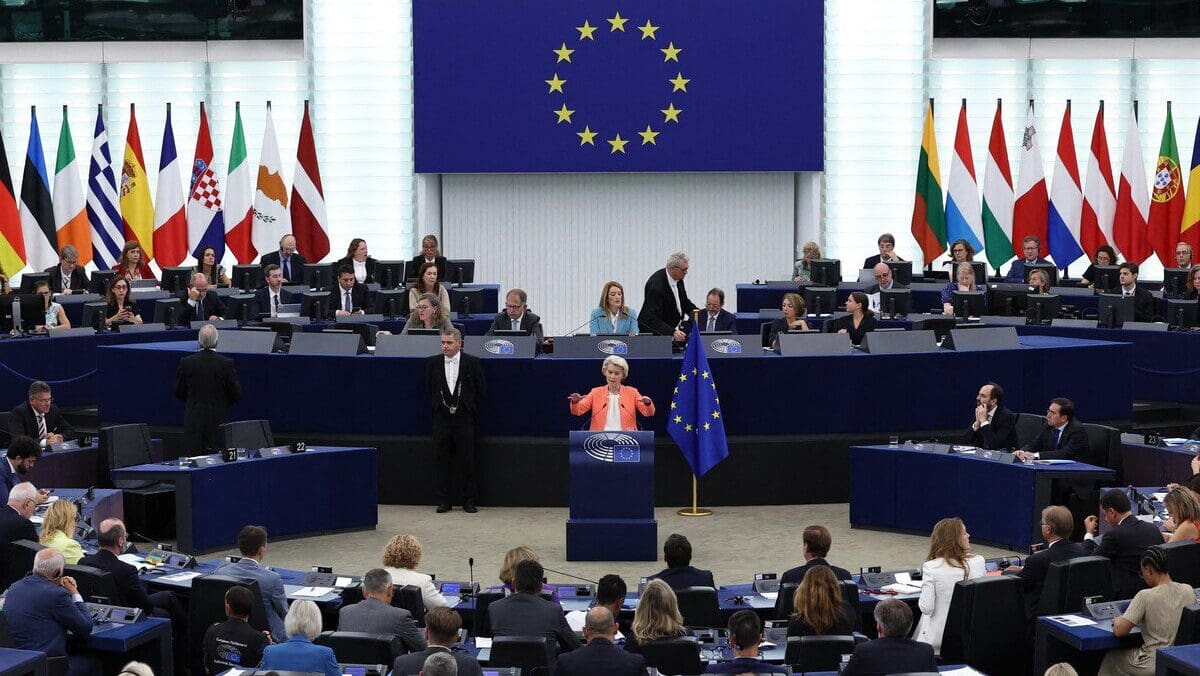
In the statement, the MEPs said that the four left-wing groupings of the EP held a joint press conference on Monday at which Germany’s Green MEP Daniel Freund and Hungary’s left-wing MEP Katalin Cseh ‘repeated their usual false accusations and lies’ which, according to the Fidesz MEPs, had been repeated by ‘the Hungarian dollar Left led by Ferenc Gyurcsány in the recent period’.

According to local press and public police reports, the 53-year-old Hungarian man got into an argument with one of his friends’ brother in an apartment, who stabbed him to death. However, his mother, famous clinical psychologist Professor Emőke Bagdy is claiming these reports are bogus, and his son was the victim of an ambush robbery. The suspect is being charged with second-degree murder.
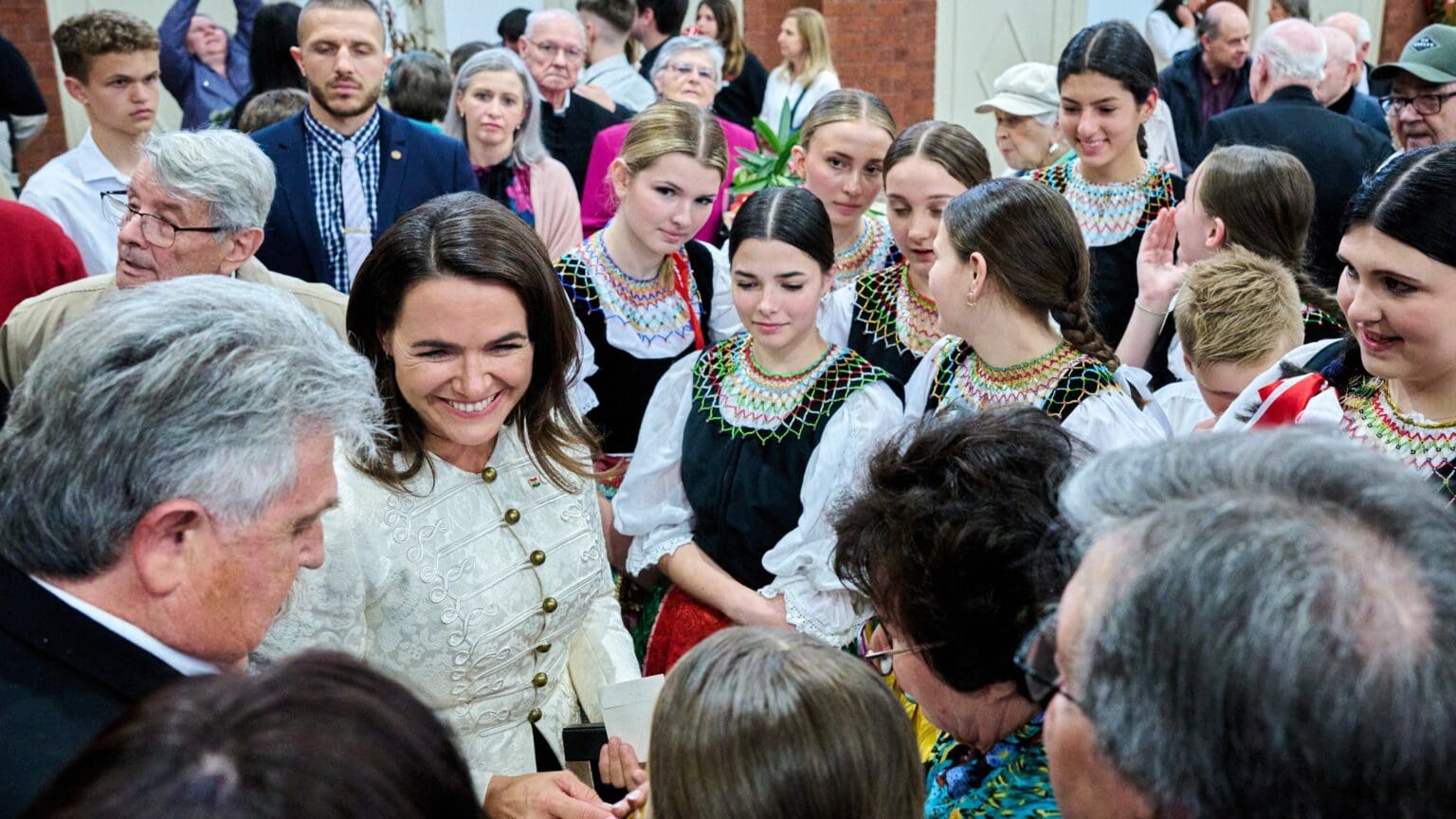
Katalin Novák stressed that one of the purposes of her visit to Australia was to keep the motherland’s connection with the Hungarian diaspora alive, and as part of the effort, she decided to celebrate the anniversary of the 1956 revolution with the Hungarian Australian community. The President attended a 1956 commemoration and delivered remarks at the Hungarian Centre in Melbourne on 22 October.

The Budapest Ballet Grand Prix is open to dancers aged 15 to 24 who consider dance to be their vocation. Participants from professional schools and ensembles can compete in three age groups in classical ballet and modern dance categories, both solo and pas de deux.

Hungarian Conservative is a quarterly magazine on contemporary political, philosophical and cultural issues from a conservative perspective.